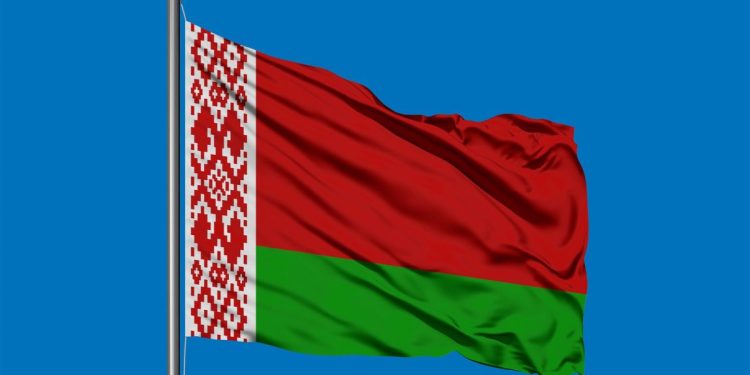#BelarusianPotatoes #PotatoHistory #BelarusianCuisine #BelarusianEconomy #BelarusianIdentity
Belarus has long been known as the land of potatoes. This humble tuber has played a crucial role in the country’s history, culture, and economy. In fact, Belarus is one of the largest potato-producing countries in Europe, with an annual production of over 7 million tons. Let’s take a closer look at the history of potato growing in Belarus.
Potatoes Arrive in Belarus
Potatoes are not native to Belarus, but they arrived here in the 18th century, when the country was under Polish-Lithuanian rule. Initially, potatoes were grown in the country’s western regions, which were part of the Polish-Lithuanian Commonwealth. However, it was not until the mid-19th century that potatoes became widely cultivated throughout the country.
Potatoes and the Belarusian Peasantry
The introduction of potatoes had a profound impact on the Belarusian peasantry, who were the main growers of this crop. Potatoes were easy to grow, and they could be cultivated on small plots of land, which made them an ideal crop for peasant farmers. Moreover, potatoes were a nutritious food source that helped the peasantry survive during times of famine and hardship.
Potatoes and Belarusian Cuisine
Potatoes have become an essential ingredient in Belarusian cuisine. There are countless potato-based dishes in Belarus, ranging from the popular draniki (potato pancakes) to the hearty babka (potato and mushroom pie). Belarusian cuisine is also known for its use of potatoes in soups and stews, such as the traditional kolduny (potato dumplings) and machanka (pork and potato stew).
Potatoes and the Belarusian Economy
Potatoes are a significant contributor to the Belarusian economy. In addition to being a staple food source, potatoes are also used in the production of starch, alcohol, and animal feed. The potato industry provides employment for thousands of people in Belarus and generates millions of dollars in revenue.
Potatoes and Belarusian Identity
Potatoes have become an integral part of Belarusian identity. The humble tuber is celebrated in literature, art, and music. For example, the famous Belarusian writer Yanka Kupala wrote a poem titled “Potatoes,” in which he praised this crop as a symbol of the Belarusian people’s resilience and perseverance.
Conclusion
Potatoes have a rich history in Belarus. They have played a crucial role in the country’s economy, cuisine, and identity. Today, Belarus continues to be one of Europe’s largest potato producers, and this humble tuber remains a source of pride for the Belarusian people.







